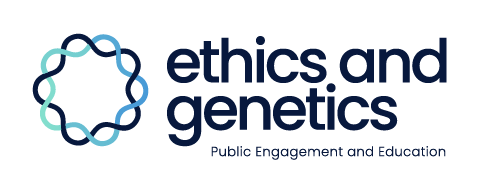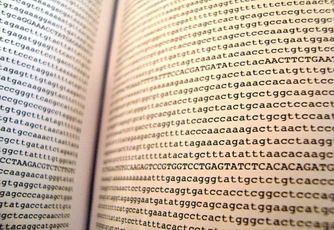Genome Analysis: what you need to know
Genome sequencing is a powerful tool that can reveal extensive information about your genetic makeup, ranging from disease risks to ancestry. Recently, governments across the world are offering genome analysis as part of national healthcare. This page explores what the benefits of having your genome sequenced are, the limitations of genomics in its current state of development, and what the ethical concerns are.
What is genome sequencing?
-

Whole Genome Sequencing
Whole Genome Sequencing (WGS) is a process that reads all of a person’s DNA to find out their complete genetic information. It looks at the entire genome, not just specific genes, giving a full picture of someone's genetic makeup. WGS can help doctors find mutations linked to diseases and guide treatments. However, it can be complicated to understand the results, and there are concerns about how this personal data is used and kept private.
-

Polygenic Risk Scores
Polygenic Risk Scores (PRS) estimate a person's risk of developing certain diseases by looking at many small genetic differences across their DNA. Unlike single-gene tests, PRS combines the effects of multiple genes to give a more complete picture of genetic risk for complex conditions like heart disease or diabetes. It doesn’t give a definite answer but shows the likelihood of developing a condition. While useful, PRS also raises concerns about accuracy, interpretation, and the ethical use of genetic information.
-

Genotyping
Genotyping is the process of examining a person's DNA to identify differences in their genetic makeup. It looks at specific genes to understand traits like eye color or the risk for certain diseases. Scientists can use genotyping to study how genes are passed down in families.
Which countries are offering genome sequencing as part national healthcare?
United Kingdom
The UK’s NHS Genomic Medicine Service is at the forefront, offering genome sequencing for certain patients, especially those with rare diseases, some cancers, and certain inherited conditions. The UK has a long-term vision for integrating genomic information into routine care.
France:
France launched its Plan France Médecine Génomique 2025, which offers genome sequencing for patients with rare diseases or cancers. This plan aims to build a comprehensive national database.
Singapore:
The Singapore National Precision Medicine Programme integrates genomics into its healthcare system, with an emphasis on Asian populations' genetic makeup to personalize treatment and preventive care.
United States
The All of Us Research Program by the National Institutes of Health (NIH) aims to sequence 1 million Americans’ genomes to advance personalized medicine, although it’s still in research stages. Some healthcare systems offer genomic services for patients with specific conditions, but it is not yet universally available.
Finland:
Through FinnGen, Finland is offering genome sequencing for research purposes to improve public health and treatment plans. Genome sequencing data is also integrated with healthcare records.
Australia:
Australia’s government has rolled out programs like Australian Genomics that focus on providing genome sequencing for patients with rare diseases and specific cancers.
What is Being Offered?
In national healthcare programs, genome sequencing is primarily offered to:
Diagnose rare diseases: Genome sequencing is often used when other diagnostic tests fail to explain symptoms.
Identify cancer mutations: Cancer patients can benefit from genome sequencing to identify mutations that can help personalize treatment.
Preventive healthcare: In some cases, genome sequencing is used to predict an individual's risk for diseases like heart disease or diabetes, allowing for early intervention.
In most cases, genome sequencing provided through national healthcare systems is whole genome sequencing (WGS), which means that the entire DNA sequence is mapped out, providing comprehensive information about genetic risks and inherited conditions.
How is the information shared, and with whom?
Patients in national healthcare systems typically retain control over who has access to their genomic data. However, their genomic information may be shared with:
Healthcare professionals involved in their care.
Research institutions, if the patient consents to their data being used in scientific studies. For example, genomic data collected through the NHS may be used in large-scale research to advance understanding of genetic diseases.
Sharing data with third parties (e.g., private companies, insurance providers) typically requires explicit patient consent, and in many countries, there are strict regulations in place (e.g., GDPR in Europe) to protect patient privacy.



